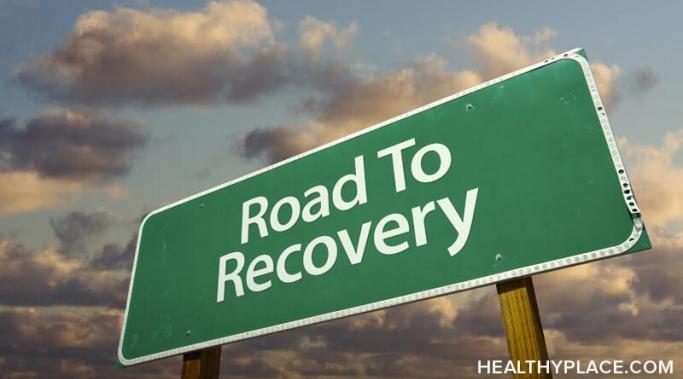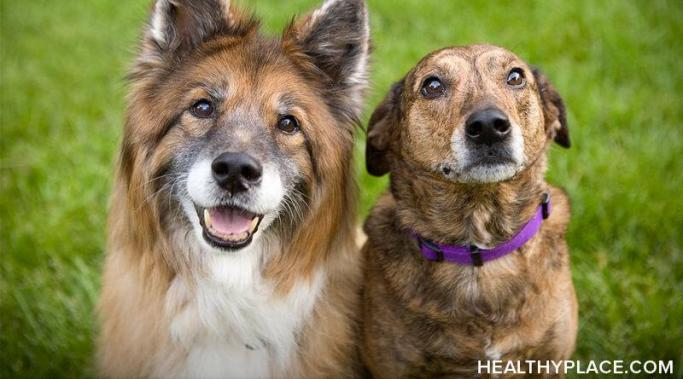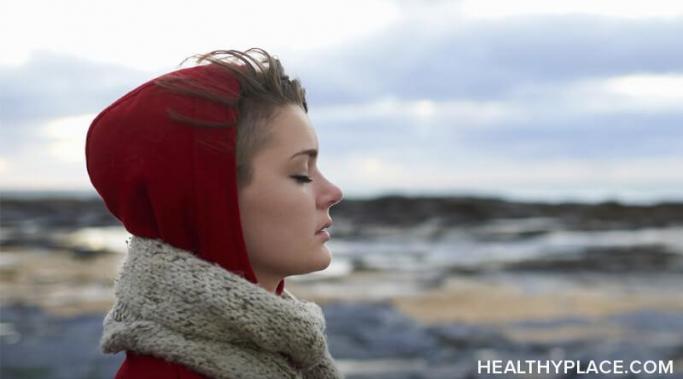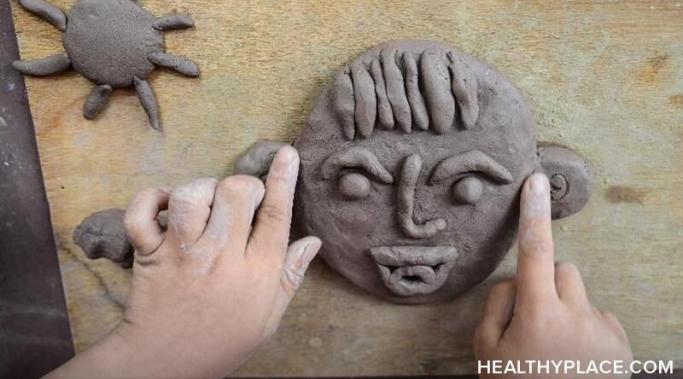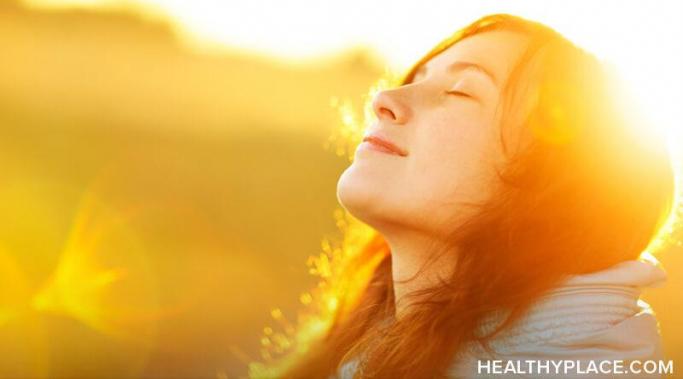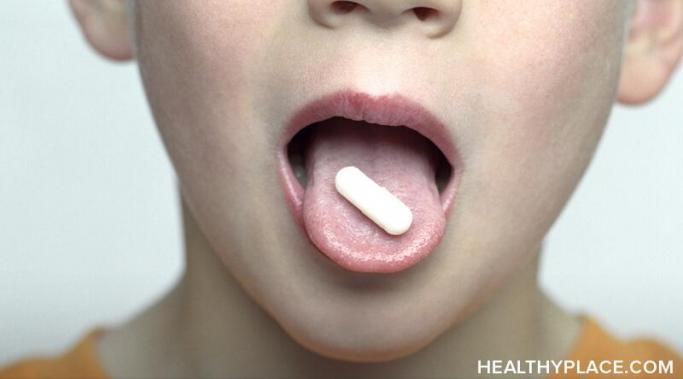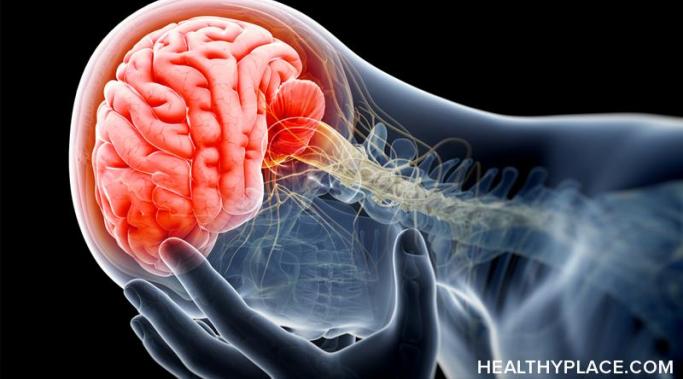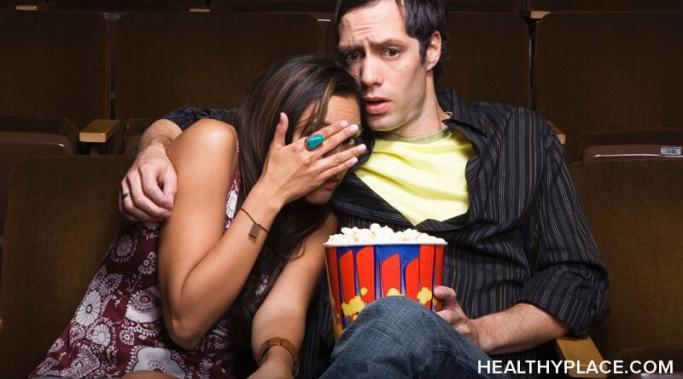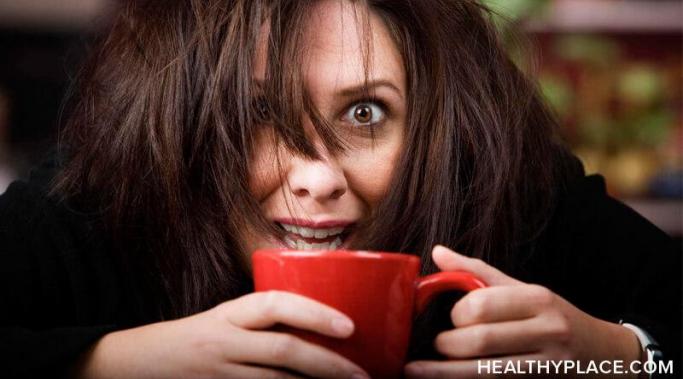Almost a year ago to the day, I crashed headlong into weeks of crippling panic and anxiety attacks that left me terrified and traumatized. I sought out and found a trauma therapist who could help me get beyond the trauma so I could be myself and get back to living. I'm delighted to say that last week, I reached a significant milestone in my trauma recovery.
PD
It's been over a year since I said goodbye to my sweet pup, Cannelle, a cocker spaniel. I adopted her when she was 18 months old and was blessed to have her by my side for 13 years. Throughout that time, Cannelle helped me in ways that she, of course, could not comprehend. My pup helped me through bouts of mental illness, among other things.
Like most people, when I'm having a hard cry—which can be very emotional, sometimes overwhelming—I do a double intake of breath. It's like a hiccup, but not. My therapist told me that this is called the physiological sigh and that it helps reduce stress by balancing oxygen and carbon dioxide levels in our bodies.
I never really had a hobby, per se. I married young and had three kids. That, plus a full-time job, left little time for me, let alone hobbies. I write—this blog, for instance—and read, but I don't consider either of these hobbies. As a creative outlet, and with the hope that I could channel my thoughts and energy into something that wasn't all about my trauma and residual anxieties, I decided it was time to pursue a hobby.
"I am innocent of the illness that befell me." "I am strong. I am brave." "I am worthy of self-compassion." These are a few of my positive affirmations, said aloud or in silence, to help (re)train my brain. When I started therapy to treat trauma-induced anxiety and panic, these words were hollow and represented nothing more than wishful thinking. As my treatment progresses, adaptive thoughts, similar to my affirmations, are integrating themselves into what I believe about myself.
They say there's an app for everything. I certainly have dozens of apps on my mobile devices that provide access to whatever I need at my fingertips. I recently started using an app to track my moods as a means by which to map the ups and downs of my anxiety.
I've been on antianxiety medication since 2001 when I was first diagnosed with anxiety and depression. Out of some odd compulsion or perhaps, shame from having to take drugs to manage my mental illness, I weaned off my anxiety medications three times since I began. The first two times, it ended badly. The last time, it ended in disaster.
I've had acute panic and anxiety since I was a child; this was undiagnosed anxiety, of course. I remember waking up out of a sound sleep in the middle of a panic attack, although I didn't know that's what it was at the time. My parents said I was having bad dreams, which I'm sure made sense to them. Even as a child, I knew that I wasn't having bad dreams, although the symptoms felt like I was locked in some kind of nightmare.
I recently experienced an unexpected anxiety trigger while watching a movie. This had never happened to me before. Granted, the movie was about the impending doom of planet Earth, but it was a "dramedy": a movie combining elements of drama and comedy.
I've been drinking an average of two cups of caffeinated coffee a day for decades. This is not a lot by some standards. I relished my first "cup of Joe" in the morning, appreciating the way it got me going. That second cup in the afternoon was the delicious pick-me-up I needed. I always knew that caffeine was a stimulant, but I never quite understood how caffeine affected my anxiety, if at all.
